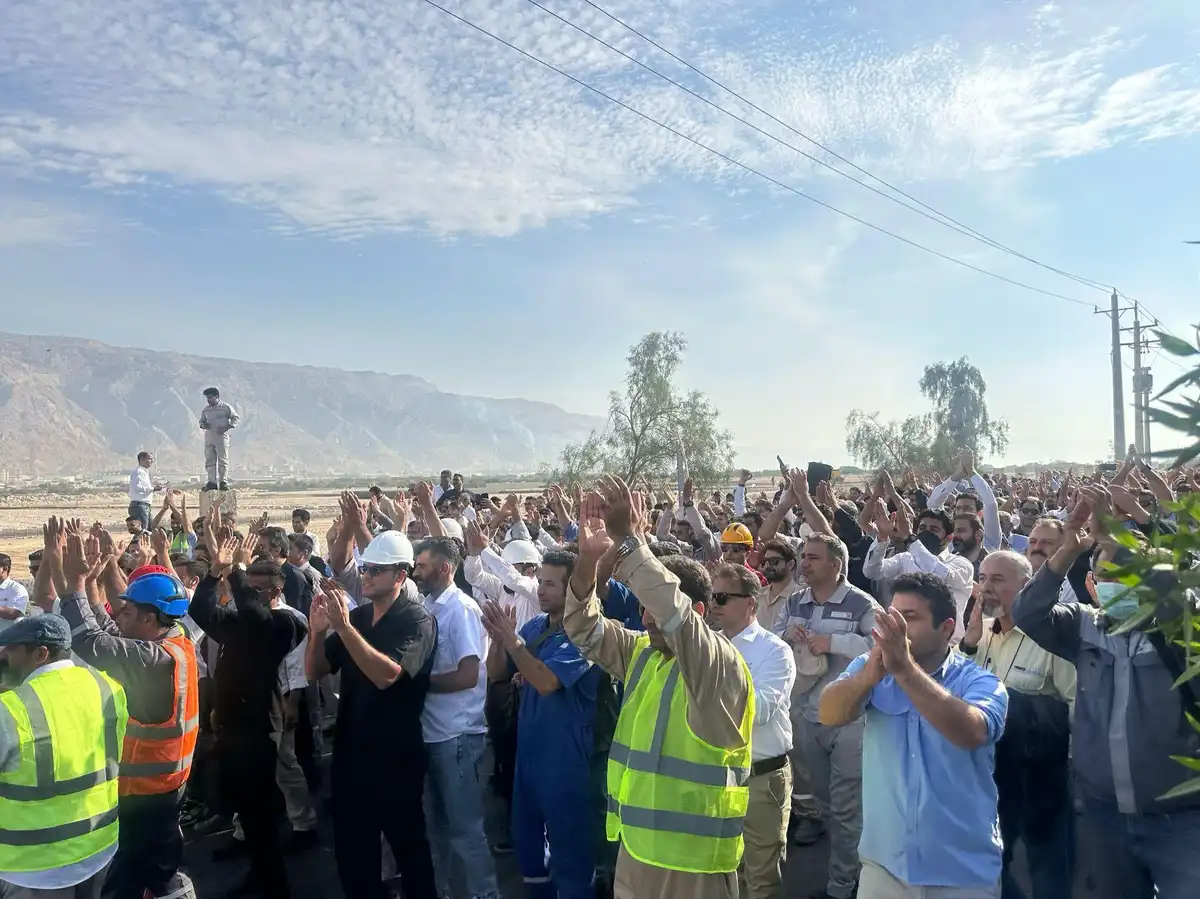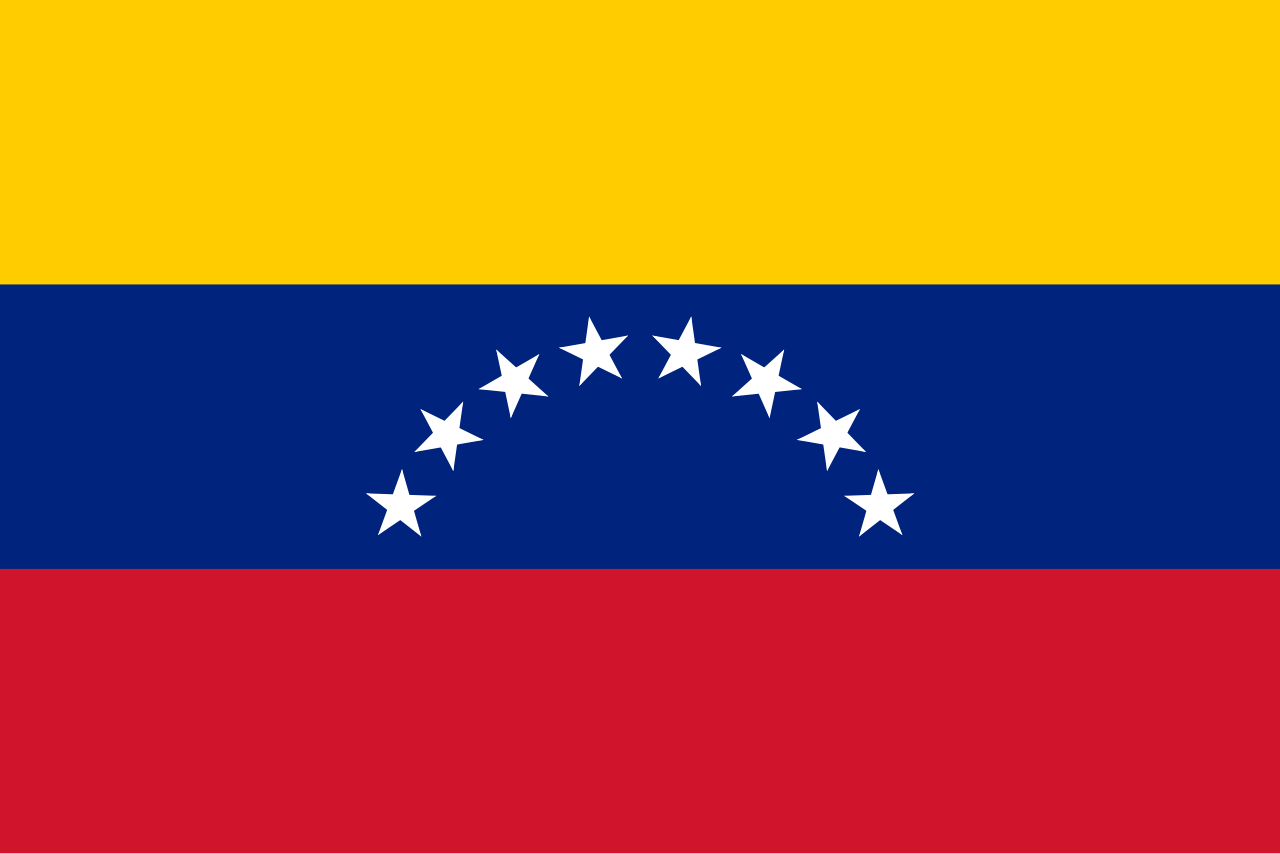Australian and New Zealand troops and police moved into the Solomons in July, 2003, supposedly to “restore law and order” and “end the conflict.” In reality, our rulers care about helping the Solomon Islanders about as much as George W. Bush and Tony Blair care about helping Iraqis. The Solomons are now effectively an Australian and New Zealand colony.
Australia’s motivations
On June 10 the Australian Strategic Policy Institute, a conservative think tank, published a discussion paper about the Solomons called “Our Failing Neighbour.” This title indicates a continuation of the standard justification for imperialism going back over 150 years.
In the nineteenth century, it was called the “White Mans Burden” that is, it was the duty of “superior” Europeans to look after the simple-minded natives in hot countries who weren’t intelligent enough to run their own countries.
More recently, the US has resuscitated this argument with its claims about “failed states” in the Middle East the “failed” states conveniently being the ones America’s rulers want to control and exploit.
Now the same argument is being made about the Solomons. The discussion paper effectively called for Australia to take up colonial control of the islands. Its the first major test of a far-reaching shift in Australian foreign policy after the invasion and occupation of Iraq earlier this year (2003), an assertion of their right to intervene throughout the Asia-Pacific region. The American occupation of Iraq set a precedent that John Howard, Helen Clark and many others are keen to follow.
Humanitarian intervention?
The reasons given by Australia and NZs rulers for the occupation of the Solomons are absurd and do not stand up to any close scrutiny.
Listening to the corporate media over the last few months, you could be forgiven for thinking that there had been some sort of major deterioration in the Solomons’ situation this year a “collapse of law and order” and “bitter ethnic clashes” as the television, radio and newspapers have been constantly telling us.
These claims are simply a lie. There has been no serious violence in the Solomons for nearly three years since the signing of a peace agreement in Cairns in October 2000. Nor has “law and order” suddenly deteriorated. The situation on the islands is tense and unstable but hardly the picture of imminent anarchy painted by Clark and Howard.
What has changed of course is that after Iraq, Australia and NZs rulers now believe they have the go-ahead to do what they’ve wanted to for many years.
As for the “threat” of “terrorist bases” being established: not one single piece of evidence whatsoever has ever been given by anyone in support of this absurd claim. John Howard hasn’t yet claimed that the Solomons are trying to develop weapons of mass destruction perhaps he’ll wait for the next country he wants to occupy to make that one!
Our rulers real priorities and concern for the Solomons people was starkly shown last January when a tropical cyclone devastated outlying islands. Australia and NZ which have mounted a huge military airlift and supply system to the islands since the occupation refused to help after the cyclone, claiming “logistical problems.”
Australia and NZ want to ensure control over the Solomons resources and strategic location and send a message to countries like Fiji and Papua New Guinea that “you’ll be next if you fail to accommodate our demands.”
As the “Our Failing Neighbour” report puts it: “the collapse of the Solomons is depriving Australia of business and investment opportunities that are potentially valuable.”
New Zealand’s role
NZs occupation of the Solomons comes soon after the Labour Government sent troops to support the US occupations of Iraq and Afghanistan. It marks the revival of NZs colonial role in the South Pacific. The last time our military was involved in the region was to smash the Mau rebellion against NZ rule in Samoa resulting in the 1929 Black Saturday massacre when NZ colonial troops machine-gunned a peaceful independence march, killing nine people.
Foreign Minister Phil Goff has described the Solomons as a “failed state” in danger of becoming a haven for “terrorists and drug traffickers.” Echoing Helen Clarks justification for NZ involvement in Afghanistan and Iraq, Goff stated that “NZs role in the Solomons is that of a good international citizen.” He emphasised the importance of receiving a formal request from the Solomons Parliament, so that intervention was not “seen as some kind of neo-colonial occupation or invasion” in other words, to provide a suitable diplomatic cover for doing just that.
And NZs rulers are completely united behind the Solomons occupation. The only disagreement between mainstream parties is over the level of commitment, while the Greens (who enthusiastically supported NZs role in the occupation of East Timor) are using the Solomons to argue for a reconfiguration of the NZ military to allow more rapid deployment in the South Pacific.
The Solomons: Imperialism’s legacy
The Solomons problems are the legacy of over a century of imperialist economic and political domination which cannot be solved by further imperialism.
With a population of 450,000 the average per capita income was US$900 in 1997, but this has fallen to around US$600 today. Most islanders live as subsistence farmers. When Britain granted the islands independence in 1978, they were largely undeveloped and almost entirely dependent on the exploitation of their natural resources for the world market by foreign companies.
There are two main population centres: the mountainous island of Malaita and the main island of Guadalcanal where the capital of Honiara is situated. The British chose Guadalcanal as their base and developed plantations there due to its greater availability of flat land. In the early twentieth century thousands of Malaitans were brought over to work on Guadalcanals plantations. Around 60,000 Malaitans eventually settled on Guadacanal, many living there for generations.
During World War II Guadalcanal became the scene of one of the bloodiest battles in the Pacific as the US successfully fought to take the islands from Japan. The airbase built by the Japanese became the main US Pacific base for the rest of the war.
Guadalcanal islanders owned and worked the land in common but Malaitan settlers weren’t tied to the land, so the US military mostly employed Malaitans as their civilian labour force. The US airbase at Henderson Field (now an international airport) attracted workers and the city of Honiara grew up around it. This led to great inequalities with higher living standards and job opportunities in Honiara but other areas especially Malaita remained undeveloped and desperately poor.
The British colonial administration and Western capitalists sowed the conflict between Guadalcanals customary landowners and the Malaitan settlers. The private ownership of land, necessary for exploitation and “development”, was alien to the communal land ownership practiced by the Guadalcanal people.
Capitalist development led to an uneven breakdown of traditional structures. With their stronger ties to the land, the Guadalcanal people didn’t benefit much from expanding employment opportunities on the island. Small numbers of Malaitans came to dominate the professions, politics and business. The British groomed this emerging elite to take over the reins at independence.
In 1997, the Asian economic crisis hit and the Solomons Government cut spending and sacked workers under pressure from Western countries. Competition for remaining jobs and increased pressure on land as unemployed Guadalcanal islanders returned to the countryside increased tensions.
Opportunist politicians exploited this ethnic tension to encourage Guadalcanal people to blame the Malaitans for their problems. In early 1998, Guadalcanal youth calling themselves the Isatabu Freedom Movement (IFM) armed themselves with World War II vintage rifles and set about driving Malaitans from Guadalcanal.
In November 1998 Guadalcanal Provincial Premier Ezekiel Alebua demanded “respect” from Malaitans for their Guadalcanal “hosts.” Soon after Malaitans living west of Honiara were attacked. By late 1999 over 50 people had been killed in clashes and 20,000 Malaitans forced to flee.
In early 2000 the Malaitan Eagle Force was formed to defend Malaitans from attacks and demand compensation. In June 2000 they took control of Honiara and ousted the prime minister. 500 Malaitan Eagle fighters drove the IFM out of Honiara with over 100 people killed and 20,000 made homeless. In October 2000 a ceasefire was signed. There have been no serious incidents since then.
In June 2002 Prime Minister Allan Kemakeza was forced to agree to a 30 per cent cut in government spending. The government was virtually bankrupt and dependent on small amounts of aid from Australia and New Zealand.
It’s obvious then that there has been no “sudden deterioration” or “upsurge in unrest” in the Solomons in the last few months. What has happened is that the US precedent in Iraq now gives Australia and NZ the green light to do what they’ve wanted to do for years in the South Pacific.
Motives
Clearly US and British “pre-emptive strikes” and aggression against Iraq have provided the blueprint for Australia and NZ in the South Pacific they would not be embarking on this neo-colonial enterprise without US approval.
The idea of “humanitarian imperialism” in other words using fake humanitarian concern as a disguise for imperialism has been used increasingly since the late 1980s by the US in Panama, Bosnia, Haiti, Somalia, Kosovo and other areas. It was really difficult for socialists to argue against these interventions at the time, or even to use the word “imperialism.” Today, however, especially after Iraq, it’s becoming increasingly clear that that’s exactly what it is.
The September 11 2001 attack on the US gave Bush and his circle the excuse to implement policies they been planning for years. To a lesser extent the Bali bombing last year has been used by Australia and NZ as an excuse to carry out neo-colonial annexations in the South Pacific (hence the constant talk about “potential terrorist bases” in the Solomon’s and elsewhere). The lesser imperial powers are copying their masters.
It’s vital that we arm ourselves with an understanding of the real motives behind the Solomon’s occupation and why Papua New Guinea, Fiji, or half a dozen other independent states could be next. Because we won’t get these arguments from the corporate media or reformist parties like the Alliance or the Greens.









